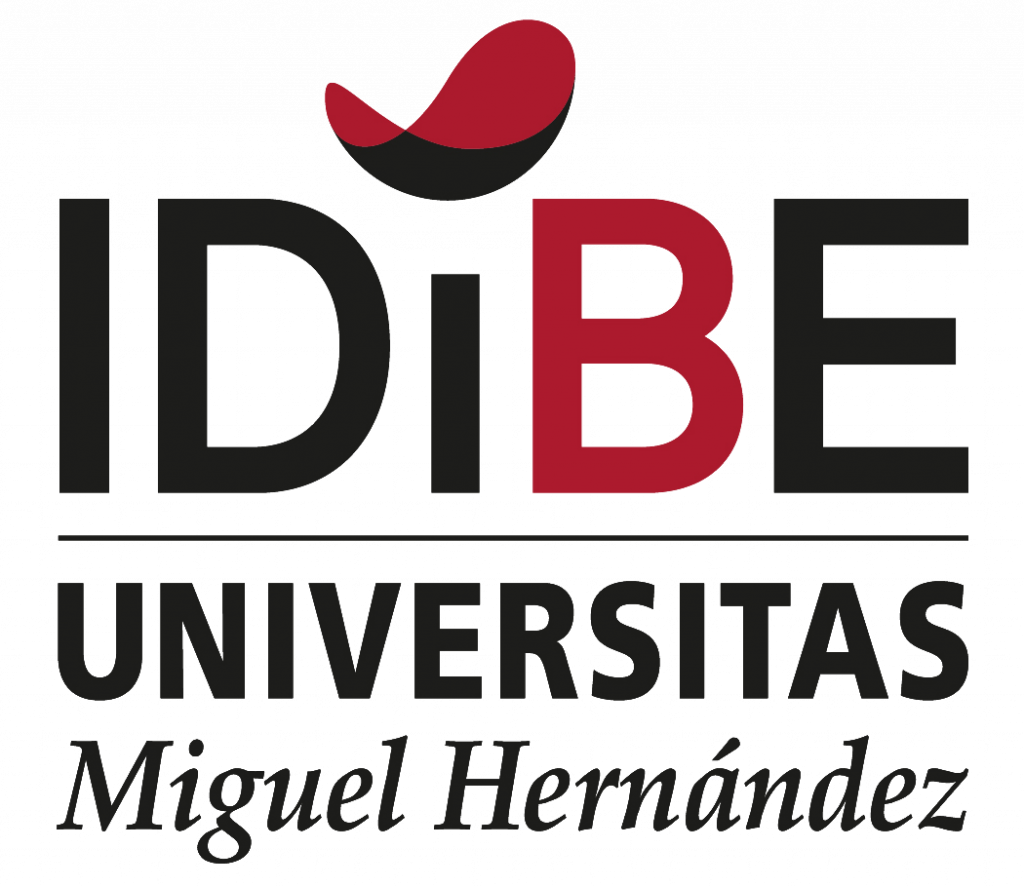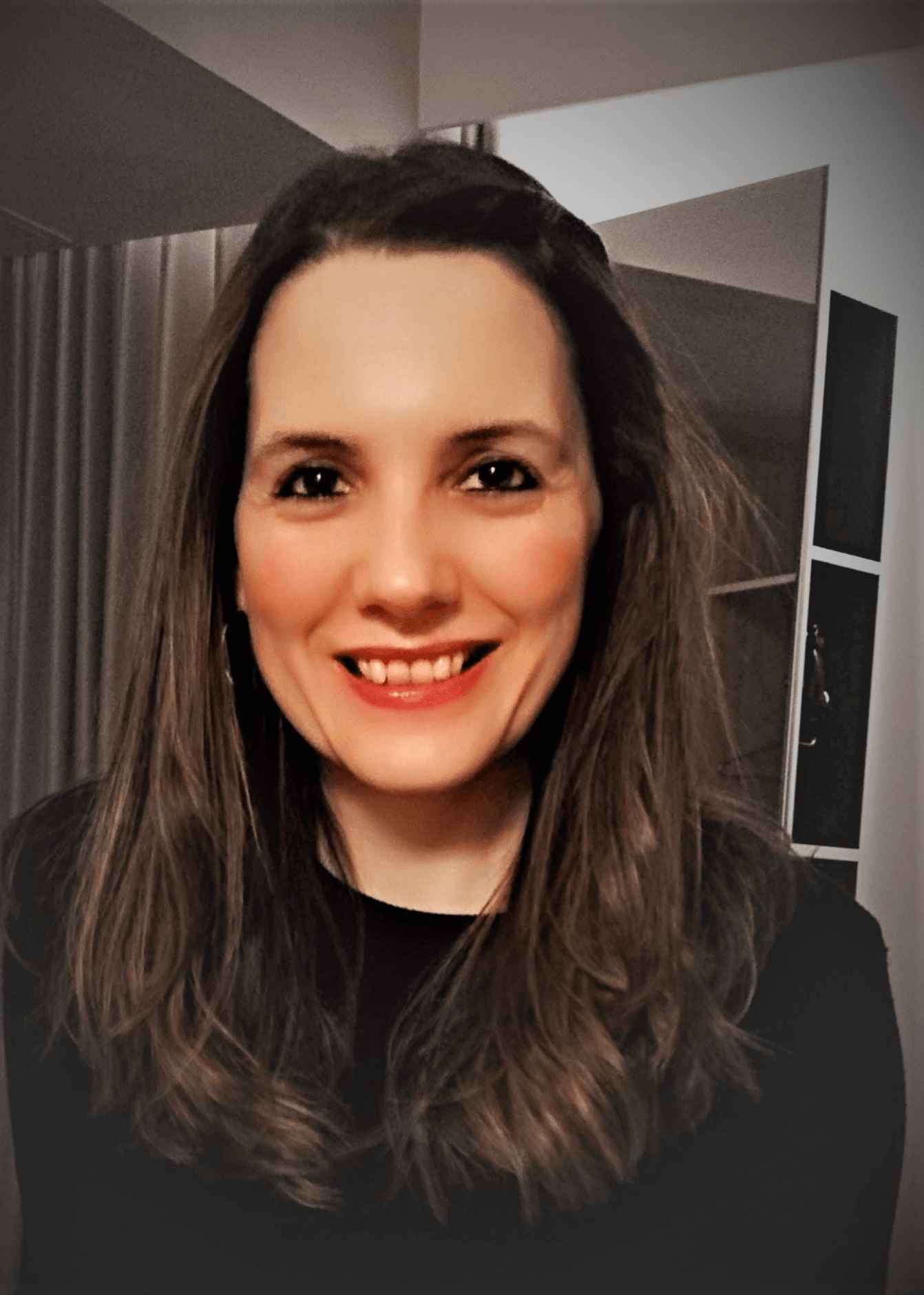
Associate Professor
Paloma Alonso-Magdalena studied Biology at the University of Oviedo. She obtained her PhD at the Miguel Hernandez University and held a postdoctoral fellowship at the Department of Nutrition at Karolinska Institutet, Stockholm (Sweden) where she studied the physiology of the estrogen receptor ERβ. She was also visiting researcher at the Centre for Nuclear Receptors and Cell Signaling in Houston (USA). She is Lecturer of Nutrition and Bromatology at the Miguel Hernández University of Elche and principal investigator in IDiBE. Her research is focused in understanding the role that the endocrine disrupting chemicals (EDCs) play in the etiology of diabetes, obesity and related metabolic disorders. Her work has been decisive for linking the exposure to certain widespread endocrine disruptors like bisphenol-A to the etiopathology of type 2 diabetes. In addition, she is interested in the physiology and metabolic adaptations of pancreatic alpha and beta-cells during pregnancy. She is particularly focused in understanding the molecular basis of gestational diabetes mellitus and the identification of altered signaling pathways leading to the development of this disease. She was awarded with the Spanish Diabetes Society award for best young researcher (2018).
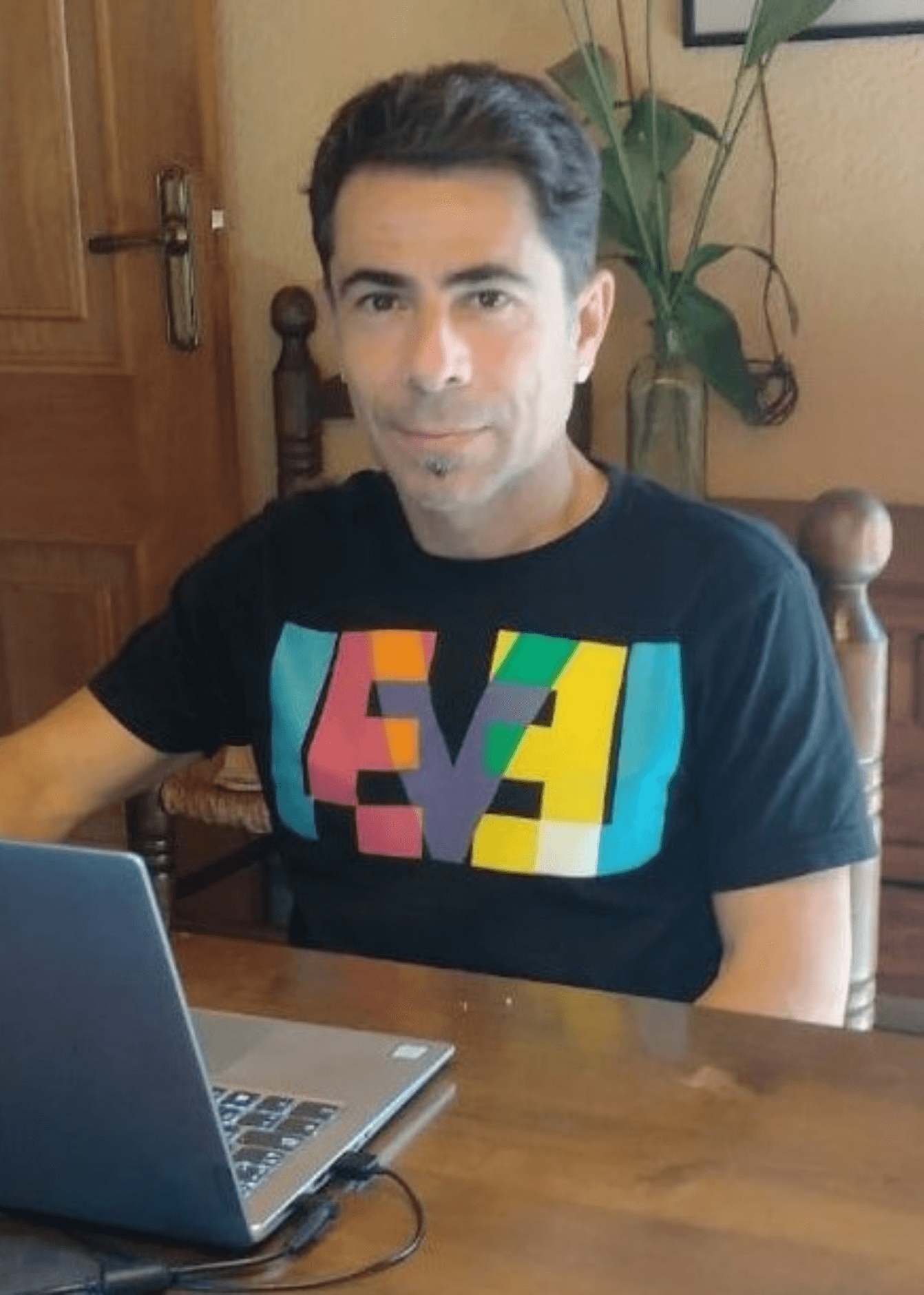
Professor of Nutrition
Ivan Quesada Moll is Professor of Nutrition at the Miguel Hernández University of Elche. He obtained his PhD at the Miguel Hernández University (2000) and held a postdoctoral fellowship at the University of Washington in Seattle (2001-2003). Dr. Quesada was also invited as a Visiting Assistant Professor to teach at the University of Washington (2004). His studies have focused on understanding the alterations, adaptations and/or failures of the pancreatic alpha and beta cells in physiological conditions such as pregnancy and ageing as well as pathological conditions like obesity and diabetes. His research in recent years has primarily contributed to a better comprehension of the pancreatic alpha-cell biology in health and disease, and its contribution to diabetes. He was awarded by the Spanish Diabetes Society for best young researcher (2008).
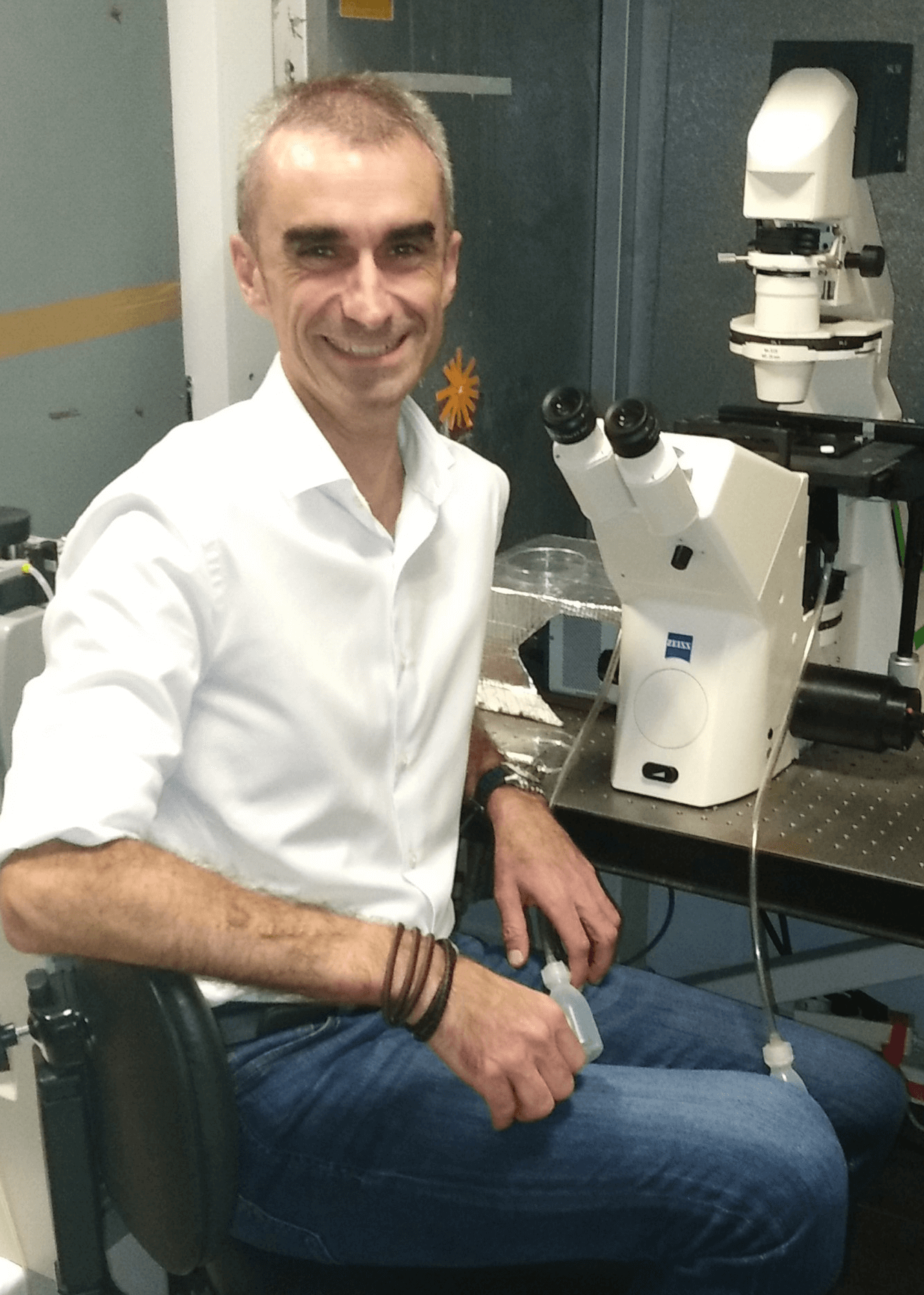
Associate Professor
Sergi Soriano Úbeda studied Biology at The University of Valencia. He obtained his PhD at the the University of Alicante (2006). During this period, he received excellent training in the electrophysiology in Islets of Langerhans understanding the mechanisms generating oscillatory pattern in pancreatic beta cells. He held a postdoctoral position at the Institute of Neuroscience- CSIC at the Miguel Hernández University (2006-2008) where he studied the voltage dependent calcium channels and its implications for inflammatory processes.
He is a lecturer of Physiology at the University of Alicante and Deputy Vice Chancellor for students. His main scientific interest is focused on the modulation of ion channels activity in excitable cells (pancreatic α- and β-cells) by estrogens and metabolism disrupting chemicals, and their involvement in pathological conditions including diabetes, obesity and gestational diabetes.

TALÍA
BORONAT BELDA
Postdoctoral Researcher
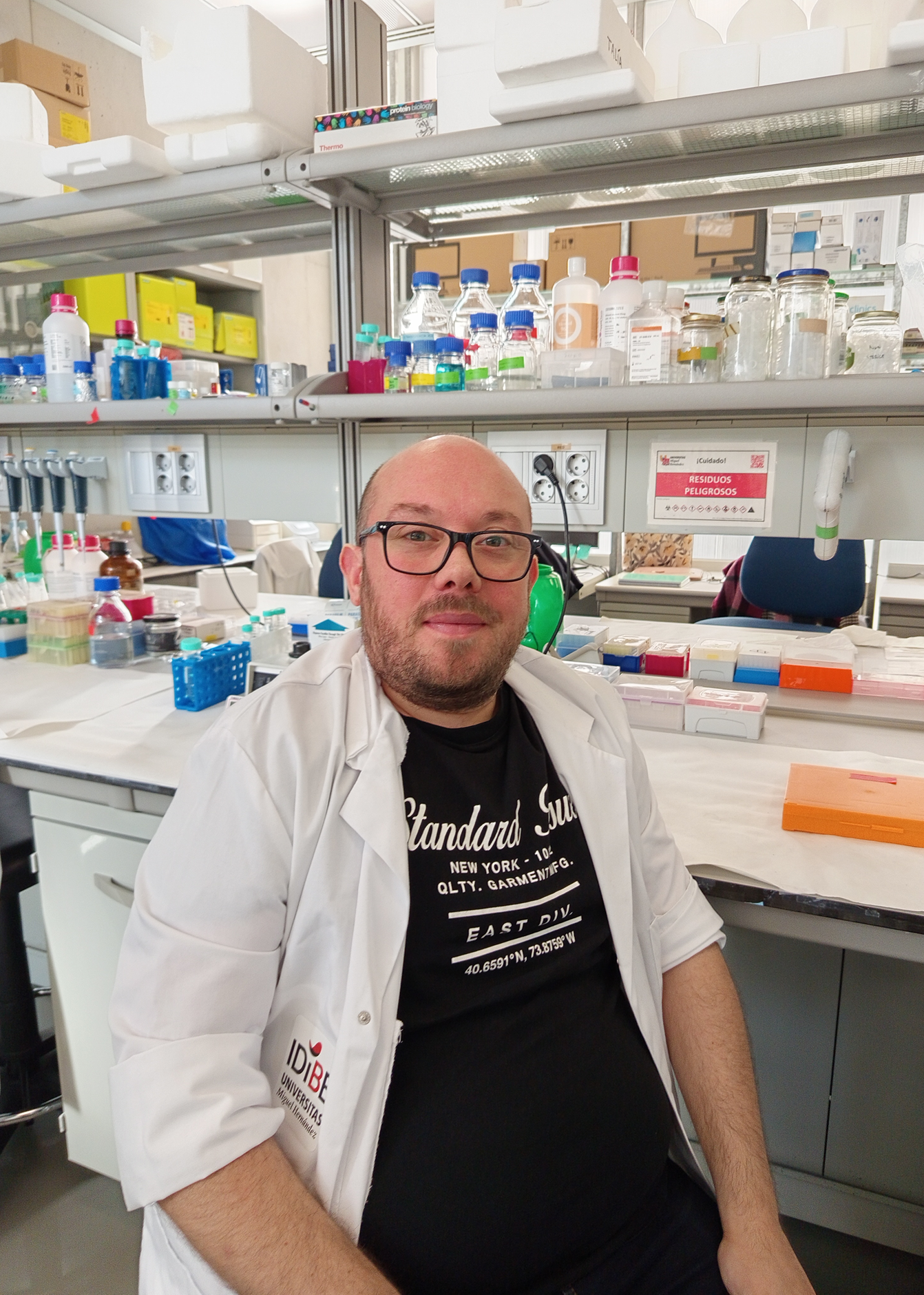
SERGIO
VELASCO AVILÉS
Postdoctoral Researcher
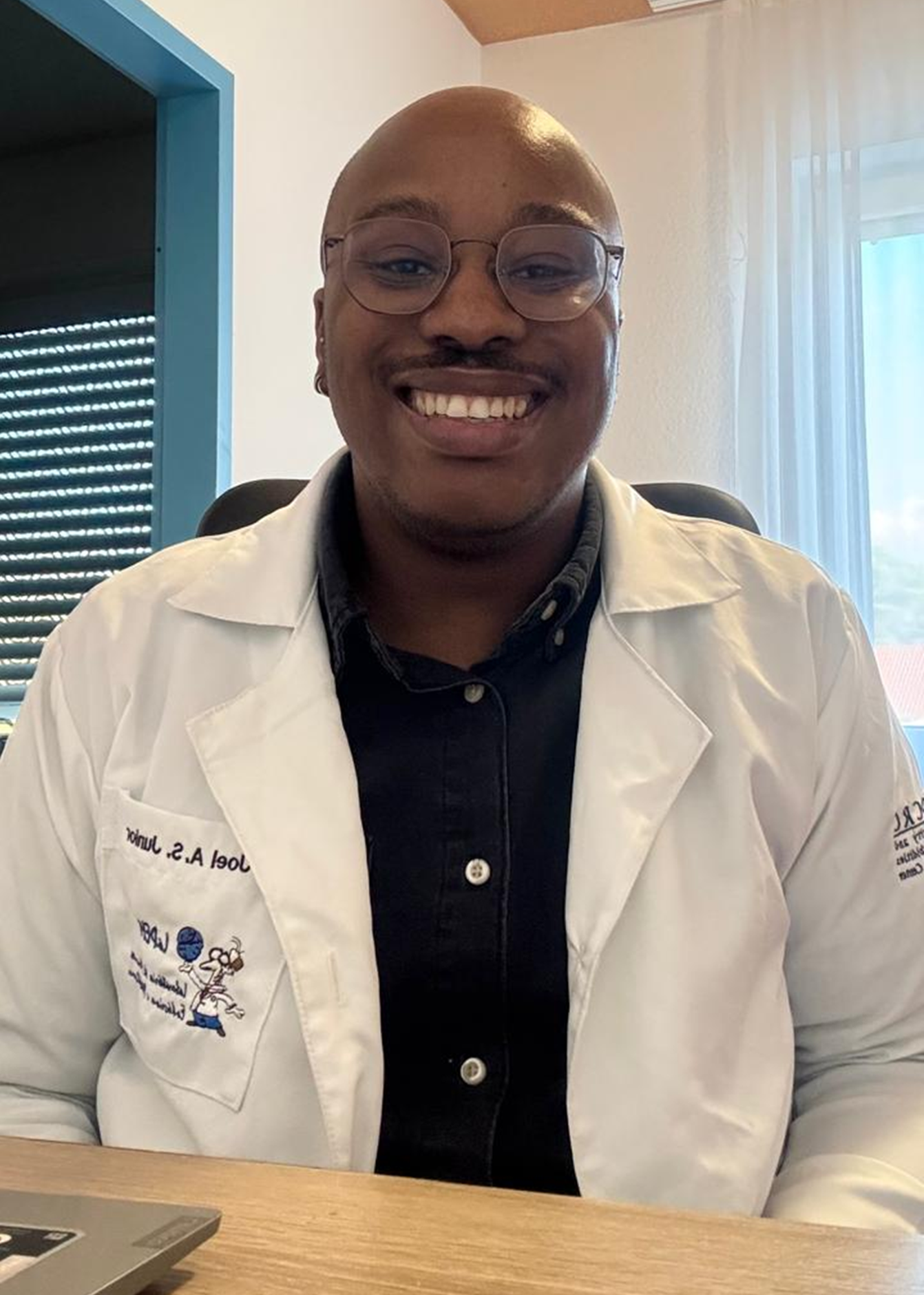
JOEL ALVES
DA SILVA JUNIOR
Postdoctoral Researcher
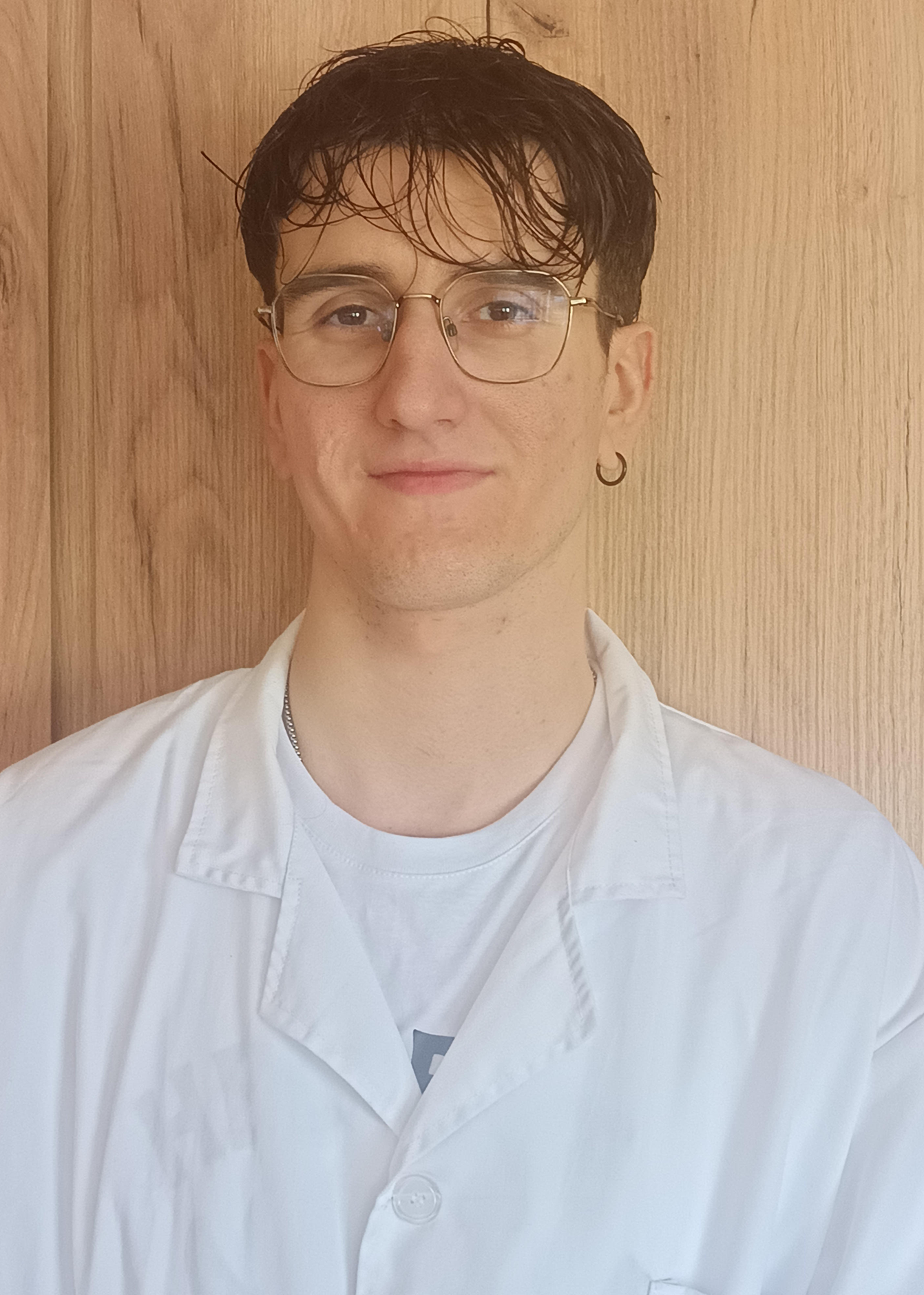
RAÚL
ALFONSO FERRÁNDEZ
Graduate student
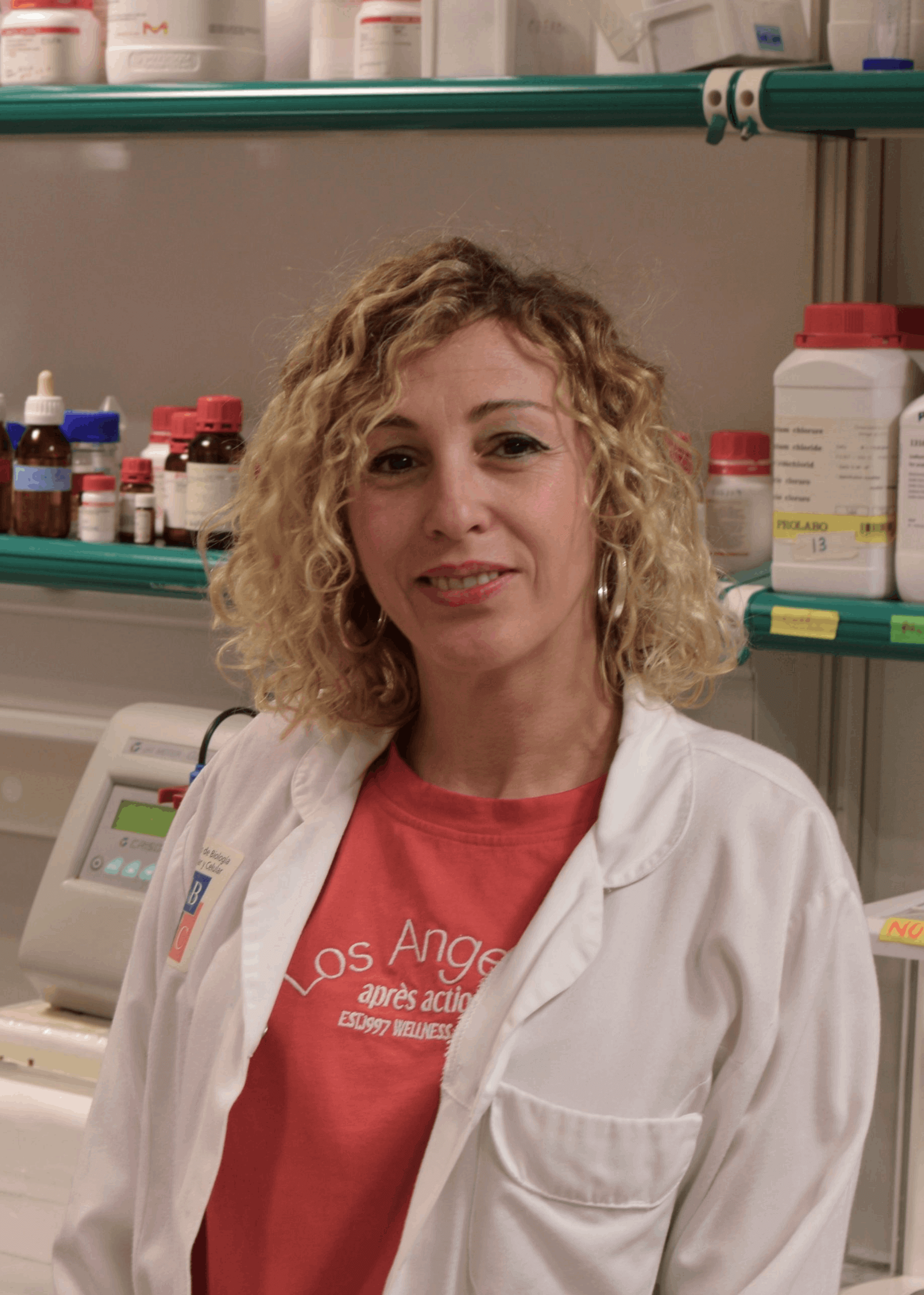
MARÍA LUISA
NAVARRO GARCÍA
Technician
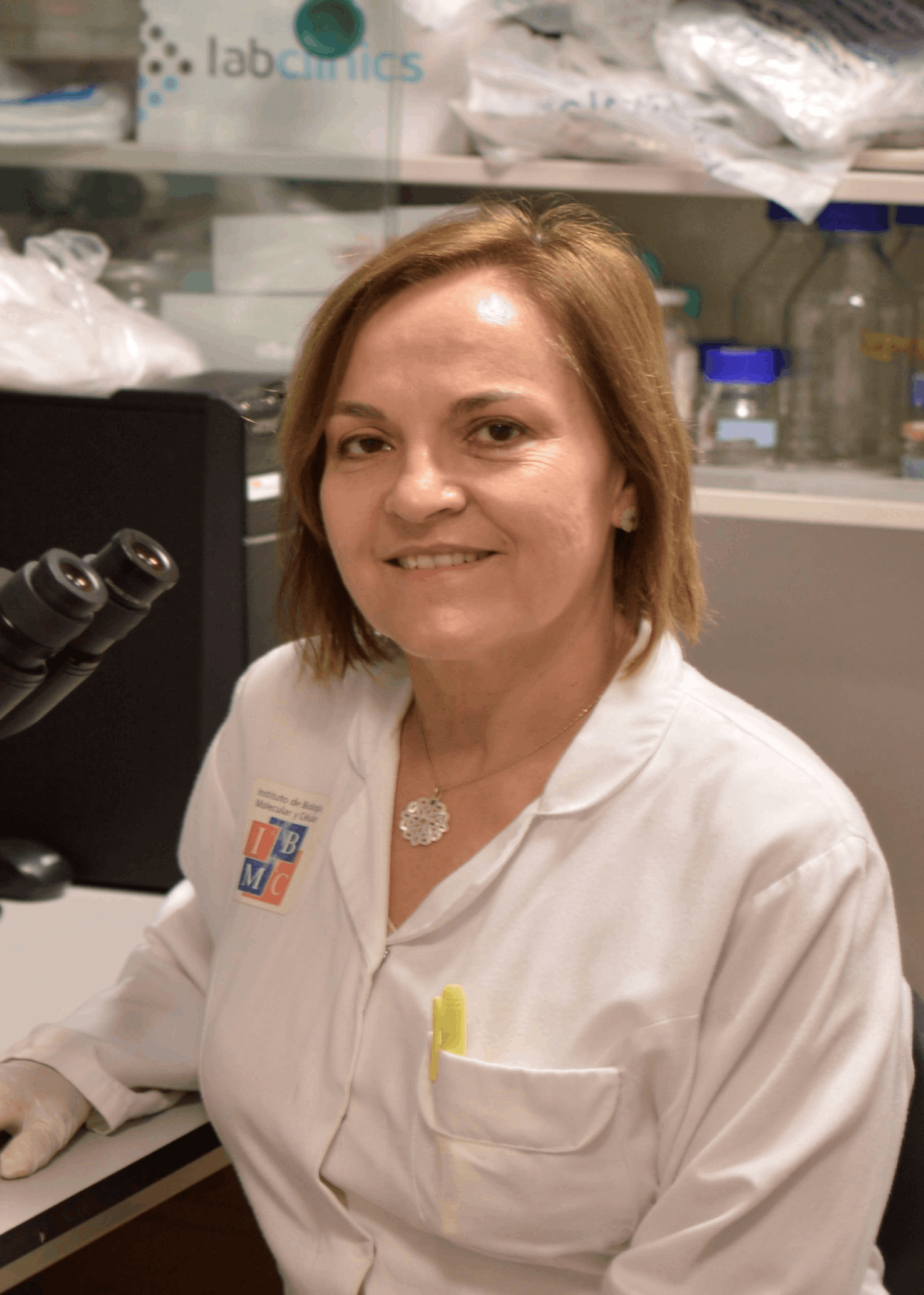
MARÍA SALOMÉ
RAMÓN PENALVA
Technician
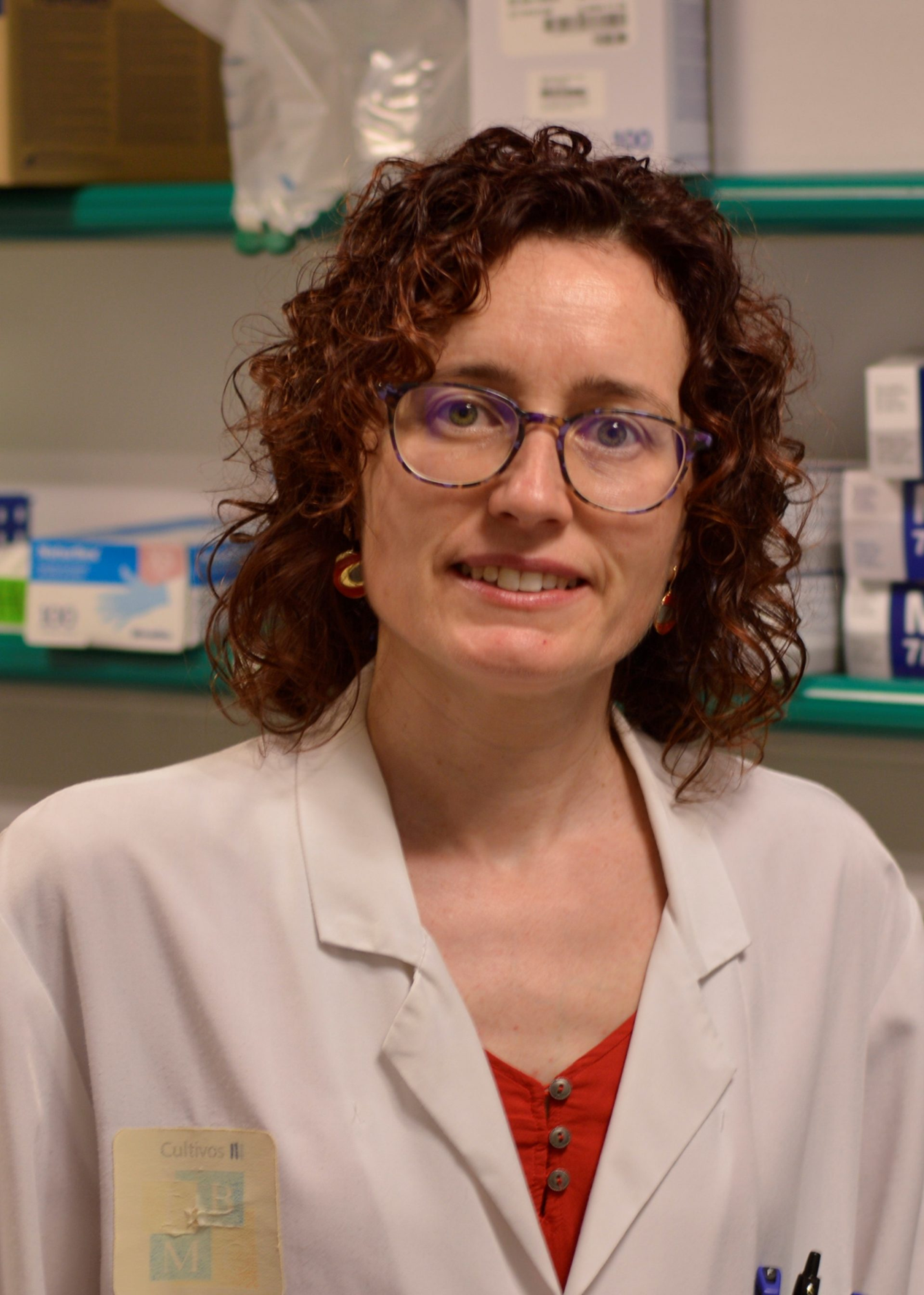
BEATRIZ
BONMATÍ BOTELLA
Laboratory technician
Collaborators
Nationals
Irene Cózar-Castellano y Beatriz Merino, Universidad de Valladolid
Ángela M. Valderde, Instituto de Investigaciones Biomédicas Alberto Sols, Madrid
Anabel Rojas, CABIMER, Sevilla
Eduard Montanya, Hospital de Bellvitge, Barcelona
Germán Perdomo, Instituto de Biomedicina y Genética Molecular, Valladolid
Rubén Betoret-Gustems, Elena Ribes García, Mónica Serrano Selva y Daniel Martínez Bañón Hospital Universitario del Vinalopó, Elche
Sonia Fernández-Veledo, Hospital Universitari Joan XXIII, Institut d’Investigació Sanitària Pere Virgili, Tarragona
Ana Megia, Hospital Universitari Joan XXIII, Institut d’Investigació Sanitària Pere Virgili, Tarragona
José López-Miranda, Hospital de Bellvitge, BarcelonaMaimonides Biomedical Research Institute of Cordoba (IMIBIC), Hospital Universitario Reina Sofía
International
Alex Rafacho, Universidade Federal de Santa Catarina, Brazil
Eva Bru-Tari y Pedro Herrera, University of Geneva, Switzerland
Emmanuel Ampofo, Saarland University, Germany
Leticia Prates Roma, Saarland University, Germany
Virginia González Vélez, Universidad Autónoma Metropolitana, México
